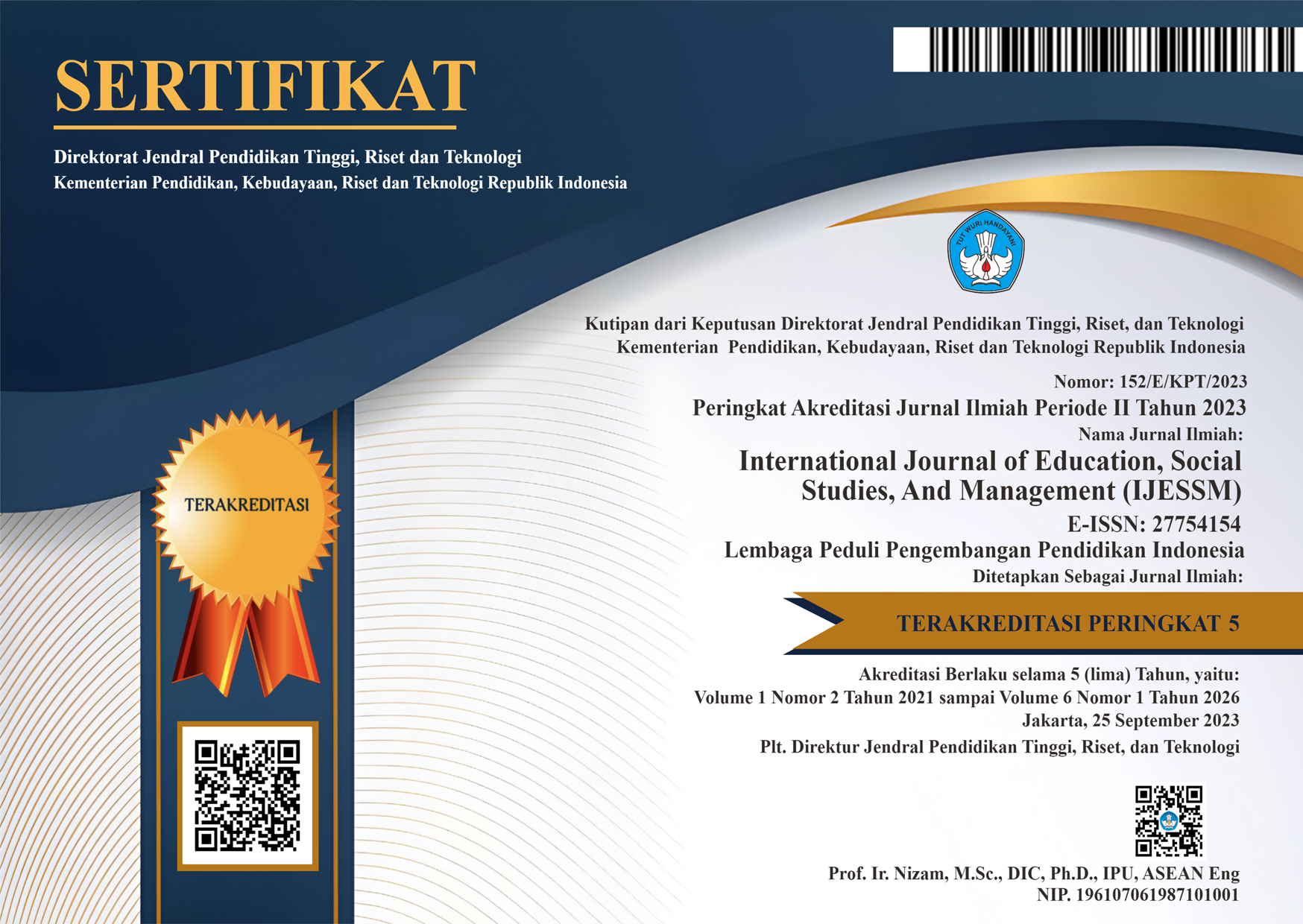Analysis of the Impact of Salary Payment on Employee Performance at PT. Coca-Cola Amatil Indonesia Bali Branch
DOI:
https://doi.org/10.52121/ijessm.v4i2.270Keywords:
Wages, Employee Perfomance, Human Resource ManagementAbstract
The purpose of this study is to determine the impact of wage payment on employee performance of PT Coca-Cola Amatil Indonesia Bali branch. The research method used is descriptive qualitative by collecting data from various human resource management journals and case studies of these companies. The research shows that the provision of adequate and timely salaries has a positive impact on employee performance, while delays and salary discrepancies lead to poor performance. In addition, the provision of incentives and additional rewards is proven to improve employee performance and motivation, which has a great influence on the company's productivity level in increasing targeted profits. However, PT Coca-Cola Amatil Indonesia Bali branch does not implement this well, marked by several problems that arise in this company, including the level of salary wages. This study concludes that salary, incentive provision, quality of employee performance, and work motivation have a significant influence on employee performance, which in turn has an impact on productivity and achievement of organizational goals.
Downloads
Published
How to Cite
Issue
Section
License
Copyright (c) 2024 International Journal Of Education, Social Studies, And Management (IJESSM)

This work is licensed under a Creative Commons Attribution 4.0 International License.

















